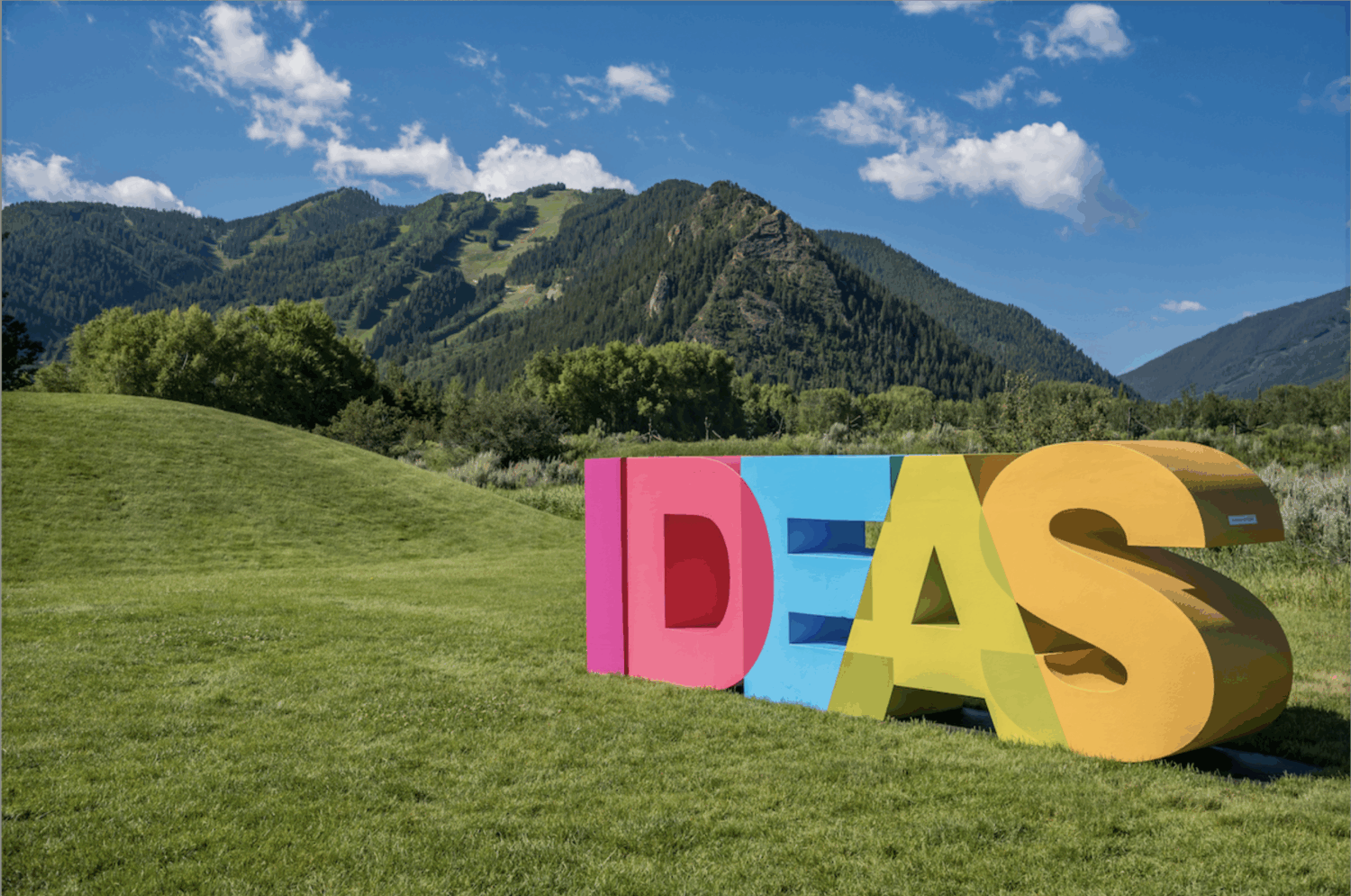The program continues a partnership between the Aspen Institute and Coda Societies
Contact: Ben Berliner
The Aspen Institute
Ben.Berliner@aspeninstitute.org
New York, NY, November 2 – Our Future Is Science (OFIS) develops leaders who will make a greater difference in the world by understanding and applying connections between STEAM (Science, Technology, Engineering, the Arts, and Mathematics) and social justice. In this virtual program, high-schoolers are paired with STEAM graduate students over an academic year-long journey of mentorship, scientific learning, community project development, and career exploration. This initiative is primarily for students from underrepresented identities, belonging to a historically marginalized or underserved group, and/or of low income.OFIS was conceptualized by Garance Choko, CEO of Coda Societies, and Aaron Mertz, Director of the Aspen Institute Science & Society Program, in 2019. By using science to address social justice issues, Our Future is Science democratizes access to science, helping students uncover the root causes of inequity, and develop solutions to solve it.Since its inception, this program has reached over 300,000 people in communities across the country, teaching them how issues such as health disparities, climate change, and failing infrastructures can be solved through science, and how participants can pursue those scientific careers that make a global impact.“We see a pressing need to equip youth with the tools required to solve tomorrow’s problems. Our Future is Science is designed exactly for that,” Choko said. “We provide our students with an understanding of how social and economic inequity negatively impact society, and we train them to develop robust science-based solutions.”For this second year of the initiative, 60 high-schooler mentees and STEAM-graduate-student mentors were selected from 260 applicants. Students hail from 22 states across the country. Over the course of the year, these teams will:
- Explore and deepen commitments to social justice. Teams of mentors and mentees will explore links between science (STEAM more broadly) and social justice. These teams will cover topics such as artificial intelligence and physics to inform climate change adaptation, healthcare and food insecurity in underserved communities, and more.
- Expand scientific knowledge. Participants will transfer knowledge and experience via mentorship team meetings, virtual lab tours and group conversations.
- Put science into action. Mentors will guide mentees to create capstone projects that develop solutions to issues that the mentorship teams identify in their communities.
“This initiative responds to the tremendous youth activism concerning issues that are rooted in science—like climate change and water mismanagement—alongside public calls for equity across a variety of fields, creating more opportunities for those who have faced inequities in their lives,” Mertz said.Additional information about the initiative can be found at https://ourfutureisscience.org. ABOUT THE ASPEN INSTITUTE SCIENCE & SOCIETY PROGRAM:The Aspen Institute launched the Science & Society Program in 2019 as a laboratory to test ideas and approaches that help explain, connect, and maximize the benefits of science for public good.ABOUT CODA SOCIETIES:
Coda Societies is a firm that drives the design and development of social and physical infrastructures, services, and organizations worldwide.
###

